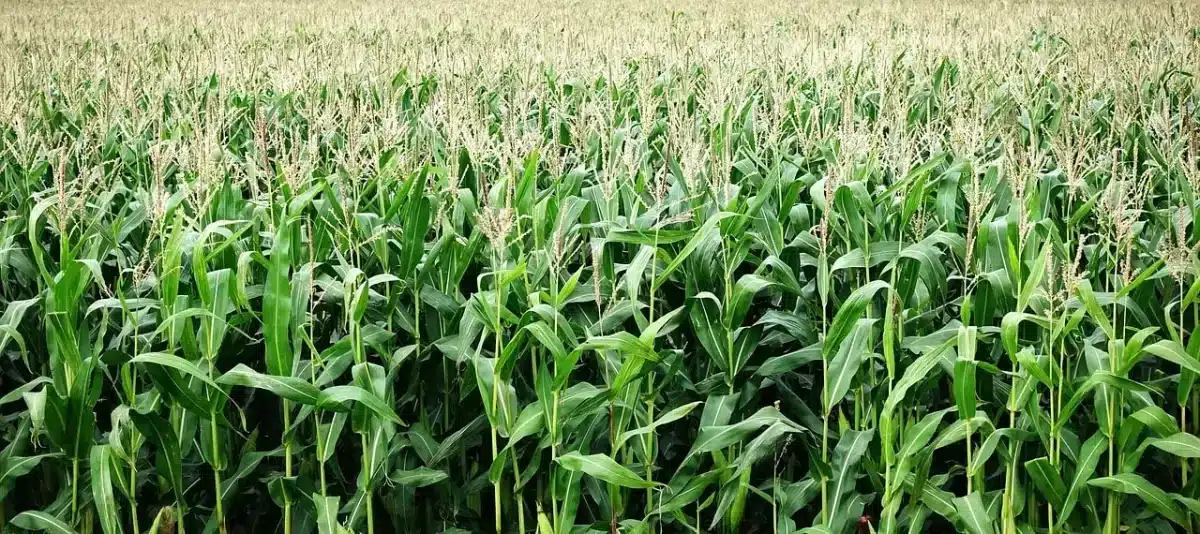“Agroecology has the potential to change the way we ‘do agriculture’. We hope that our comprehensive research agenda will help to chart the path to sustainable, diversified agriculture and biodiversity conservation in the future.” Professor Teja Tscharntke, co-author and Head of the Agroecology Research Group at the University of Göttingen.
Humans depend on farming for survival. But it’s this very activity that takes up over a third of the world’s landmass and endangers 62% of the world’s threatened species. So, can nature conservation and agriculture coexist?
There are two opposing views of how to combine sustainable food production and high biodiversity:
- Nature conservation should be integrated into agricultural land
- Nature conservation should be segregated into protected areas.
To the layperson concerned with nature conservation, option 2 may seem to be the preferred option. But an international team of over 360 scientists from 42 countries (led by the University of Göttingen and Westlake University China) conducted an interdisciplinary study that argues for more robust integration of these two contrasting viewpoints.
Biodiversity and agriculture are often closely intertwined
Option 2 advocates intensifying agricultural production on existing land to increase yields while reducing agricultural pressure wilderness areas. However, researchers have found that many natural species worth protecting have adapted to cultivated habitats and are also beneficial to the farmer. Such species would be threatened by increasing agricultural intensification.
“Modern and sustainable agricultural landscapes require protected areas and high-yield food-production areas, untouched habitats as well as extensively farmed areas. This combination not only enables the highest species diversity, but also promotes ecosystem services such as pollination and biological pest control by insects and farmland birds. These are essential for sustainable agricultural production.” Dr Ingo Grass from the Division of Agroecology at the University of Göttingen.
A crucial year for biodiversity
The team of scientists have authored an article in Nature Ecology & Evolution which suggests how agroecological principles can help meet each of the targets set out in the Global Biodiversity Framework. The post-2020 Global Biodiversity Framework aims to reduce threats to biodiversity. It is anticipated that a decision will be made at the 15th Convention of the Parties (COP15) meeting in China, which will take place from 17-30 May 2021.
Reversing the trend in species decline
Biodiversity is essential for the long-term benefit of both people and the planet. But intensive, industrialised farming relies on excessive pesticides and fertiliser, which has adverse effects on biodiversity. That’s why the authors suggest that promoting biodiversity will require coordinated actions and sustainable agriculture.
Farming landscapes have the potential to:
- Provide habitats for biodiversity
- Promote connectivity between protected areas
- Increase species’ ability to respond to environmental threats
How can this be achieved?
Food production systems need to adapt to implement agroecological principles. In doing so, agricultural landscapes have the potential to support, rather than damage, biodiversity.
The authors’ research agenda includes:
- Enhancing global research networks
- Expanding technical innovation
- Improving communication
The authors emphasise that it’s important for governments and policy-makers to work with and support farmers, indigenous people and local communities.
A practical example of improved biodiversity is diversifying crops with new varieties and combinations to sustain yields. Another suggestion is to connect various landscape elements by hedges or strips of land to create maximum biodiversity.
Along with supporting biodiversity and ecosystems, diversity also helps provide more nutritious and healthy food for all.
Get in touch with the Zylem team to find out more about our sustainable farming solutions. Contact us on 033 347 2893 or send your enquiry to [email protected].

About the Author: Alex Platt
Alex is Business Development Manager at Zylem. He’s inspired by the potential of regenerative farming and takes a special interest in the technology and products that are moving agriculture in a more sustainable direction.

